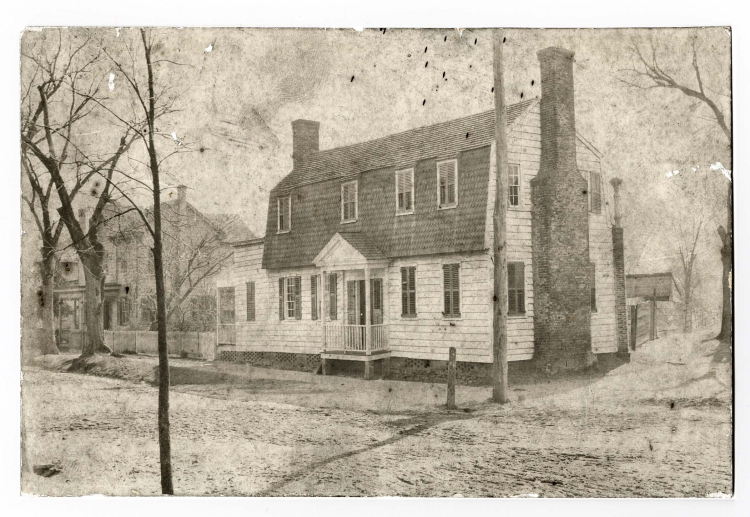How awesome is the digitisation of sources!?
Today I was researching black teachers in Reconstruction North Carolina for an upcoming manuscript and I came across an interesting character by the name of James Edward O’Hara. When I did a little digging, I was excited to find that many of his papers, located at the University of Chicago Library, have been digitised! Although I always look forward to potential US research trips, digital sources make my work a hell of a lot easier. For those of you who are interested, O’Hara’s papers can be found here.
So what did I find out about James Edward O’Hara?

James Edward O’Hara. Image: Special Collections Research Center, University of Chicago Library
Well, as the name suggests, O’Hara was the son of an Irish father and West Indian mother. Born in New York City in 1844, he was just 19 years old when he began teaching the freedpeople in New Bern, North Carolina, in 1862. Unable to find employment with an aid or missionary society, O’Hara taught black students in his own home, largely at his own expense.
While teaching the freedpeople in New Bern and later Goldsboro, O’Hara became active in local politics. As an educated and well-respected member of the community, he served as a delegate to North Carolina’s 1868 constitutional convention and between 1868 and 1869 he served in the state house of representatives.

The O’Hara Family Home in New Bern, North Carolina. Image: Special Collections Research Center, University of Chicago Library.
After teaching the freedpeople for a total of five years, O’Hara moved to Washington, D.C., where he worked as a clerk in the Treasury Department while also studying law at Howard University, a private institute of higher learning for black men and women. Upon being admitted to the North Carolina bar in 1873, O’Hara established a private practice in Enfield.
After a long struggle and no less than four previous attempts, O’Hara finally won a seat in the 48th Congress (1883-1885) and was easily re-elected in 1884.

O’Hara and the New Bern Bar Association, 1905. Image: Special Collections Research Center, University of Chicago Library.
One of the most inspiring aspects of O’Hara’s career was his dedication to the promotion of black civil rights. In spite of rising opposition, he succeeded in briefly ending segregation on interstate steam trains. After serving in Congress for four years, he returned to North Carolina to practice law with his son.
So that’s just some of the story of James Edward O’Hara! In other news, I passed my viva exam on September 2nd, with no corrections (!) so I’m looking forward to graduating at the end of October.
An article I wrote on representations of race and racism has also been published in Paedagogica Historica. It can be found here for anyone who’d like a read – if you do not have access feel free to get in touch with me and I’d be happy to send you on a copy.
SOURCES:
James Edward O’Hara Papers, 1866-1970, University of Chicago Library.
O’Hara, James Edward, United States House of Representatives: History, Art, & Archives.